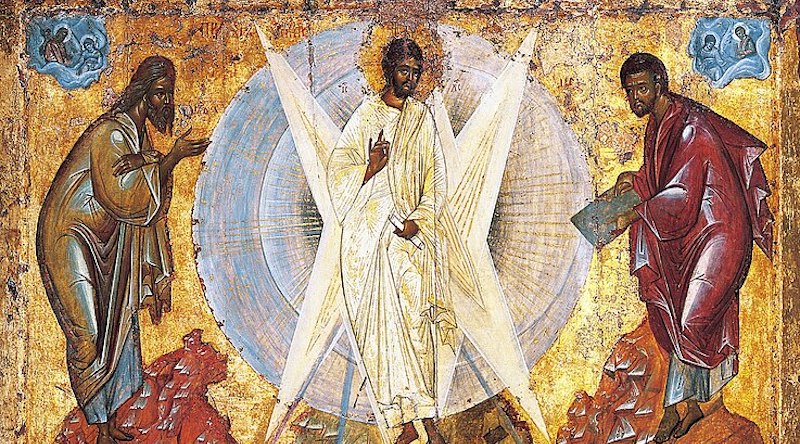About five years ago, I came across a quote posted in the hallway of my college dorm—certainly an unlikely place to find words of wisdom. But this was Franciscan University of Steubenville, so perhaps it’s not all that surprising. These words are taken from Saint Irenaeus’s Against Heresies:
The glory of God is man fully alive; moreover, man’s life is the vision of God.
Man, life, glory, God—profound concepts, indeed. Because of that, its meaning was not immediately apparent to me. After some reflection, I believed St. Irenaeus was emphasizing the power of a holy, Christian life. He was saying that man gives glory to God by living his life well; that man can reveal God to others by the way he lives.
Since that day, those reflections have inspired me to live a fuller Christian life as a way of revealing God’s glory to others. They have also admonished me for all the times when I haven’t lived in such a manner. I’ve prayed with them, quoted them, and recommended them to others.
What a shock it is, then, when I read these words afresh in the Office of Readings for today, and I realize I had missed their point! Of course Irenaeus would agree that the Christian life glorifies God. But, seeing his words in context, I realize that he was saying something different, something deeper. Several paragraphs before the quote above, Irenaeus writes: “The glory of God gives life; those who see God receive life.” He goes on to speak about God’s revelation of himself in creation, in the prophets, and in his Son. The passage concludes with a better translation of that quote I found in my dorm:
Life in man is the glory of God; the life of man is the vision of God.
Irenaeus is not saying that my life should be a source of God’s glory; he’s saying that God’s glory is the very source of my life. Although my first understanding of this quote was true, it missed the true depth of Irenaeus’s point. I read it and thought of how I could reveal God to others through my life, but Irenaeus was trying to make me think of how God’s revelation of himself to me is my very life. In short, I thought the quote was about me; it was really about God.
Although Irenaeus wrote these words more than a millennium before the foundation of the Order of Preachers, he expressed the fundamental Dominican conviction that man comes to life when he knows God. We pray and study in order to know God, and we preach so that others also might know him. Knowing God must come first—everything else, everything that we do, comes second.
We still need to hear this truth today. Human nature hasn’t changed—even a devout Christian still thinks first of himself, of what he can do to glorify God. Although this is a good and holy desire, placing it first can be dangerous—it draws our eyes on ourselves rather than on God. The beauty of the Dominican life is that it puts first what ought to be first: the contemplation of Truth, the “vision of God.”
“The glory of God gives life; those who see God receive life.” Saint Irenaeus saw this at the start of the first millennium. Saint Dominic saw it at the start of the second. The Dominicans of today see it at the start of the third. But long before any of us, Truth himself said, “This is eternal life, that they know you, the only true God, and Jesus Christ whom you have sent” (John 17:3).
✠
Image: Theophanes the Greek, Transfiguration







